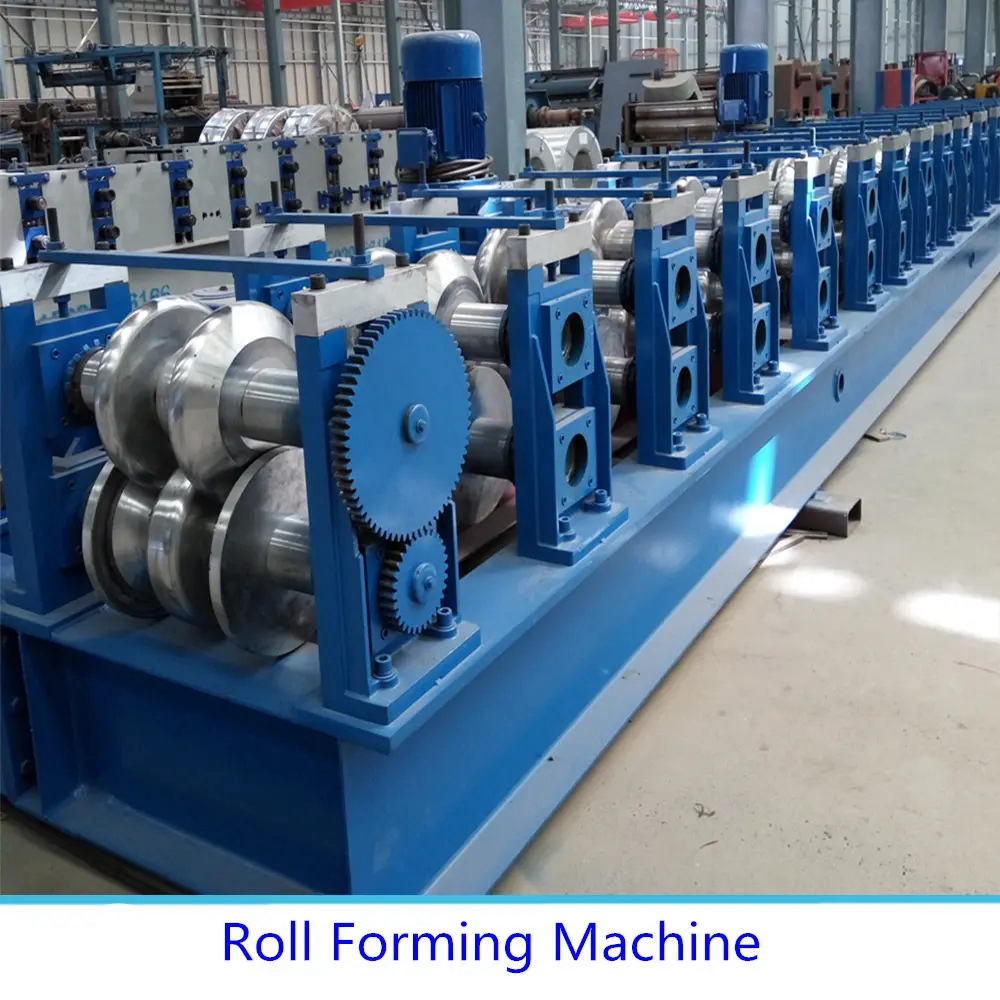
The Drywall Stud Roll Forming Machine Revolutionizing Construction Efficiency
In the ever-evolving construction industry, the need for efficient, high-quality materials has led to significant innovations in manufacturing processes. One of the standout advancements in this sector is the drywall stud roll forming machine. This specialized equipment has transformed the way drywall studs are produced, enabling builders to streamline their operations and reduce costs while maintaining superior quality.
Understanding Drywall Studs
Drywall studs are essential components in the construction of interior walls and ceilings. They provide structural support and serve as the framework upon which drywall sheets are applied. Traditionally, these studs were made from wood or steel and cut to size on-site, a practice that was labor-intensive and time-consuming. With the introduction of roll forming technology, manufacturers can now produce these critical components more efficiently.
The Roll Forming Process
Roll forming is a continuous bending process in which a long strip of metal is passed through a series of rolling dies to create the desired cross-sectional profile. For drywall studs, this means shaping thin metal sheets, typically steel, into vertical or horizontal profiles that meet specific industry standards. The drywall stud roll forming machine automates this process, significantly increasing production speed and consistency.
One of the primary advantages of using a roll forming machine is its ability to produce studs with precision. The machine can create consistent lengths and dimensions that reduce waste and improve the overall integrity of the structure. Moreover, since the process is automated, the risk of human error is minimized, ensuring that each stud meets the required specifications.
Efficiency and Cost-Effectiveness
The use of a drywall stud roll forming machine translates directly into enhanced efficiency for construction projects
. Because the machine can produce studs at a rapid pace, contractors can stockpile materials in advance, reducing delays during the building process. Additionally, the precision of roll-formed studs allows for quicker assembly on-site, further contributing to efficiency.
Furthermore, the cost savings associated with using a drywall stud roll forming machine are substantial. By producing studs in bulk and accurately, companies can lower their material costs and reduce labor expenses. This makes it an appealing option for contractors looking to maximize profit margins while delivering quality work.
Customization and Versatility
Another significant advantage of drywall stud roll forming machines is their versatility. Manufacturers can customize the machines to produce a variety of stud profiles and sizes based on specific project requirements. This flexibility allows contractors to adapt to different construction needs without investing in multiple types of machinery.
Moreover, advancements in technology have enabled the integration of computer controls into these machines. This allows for easy adjustments on the fly and the ability to switch production runs with minimal downtime, further enhancing productivity.
Environmental Impact
As sustainability becomes a central focus in construction, the drywall stud roll forming machine helps by minimizing waste and maximizing resource efficiency. The precision of the manufacturing process ensures that there is less scrap material generated, aligning with eco-friendly practices that are increasingly important in today’s construction landscape.
Conclusion
The drywall stud roll forming machine symbolizes a significant leap forward in construction technology. By improving efficiency, precision, and cost-effectiveness, these machines are not just enhancing the production of drywall studs but are also enabling a paradigm shift in construction methods. As the industry continues to evolve, embracing technologies like the drywall stud roll forming machine will be crucial for companies aiming to stay competitive and responsive to market demands.